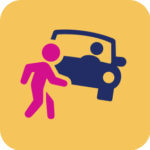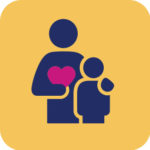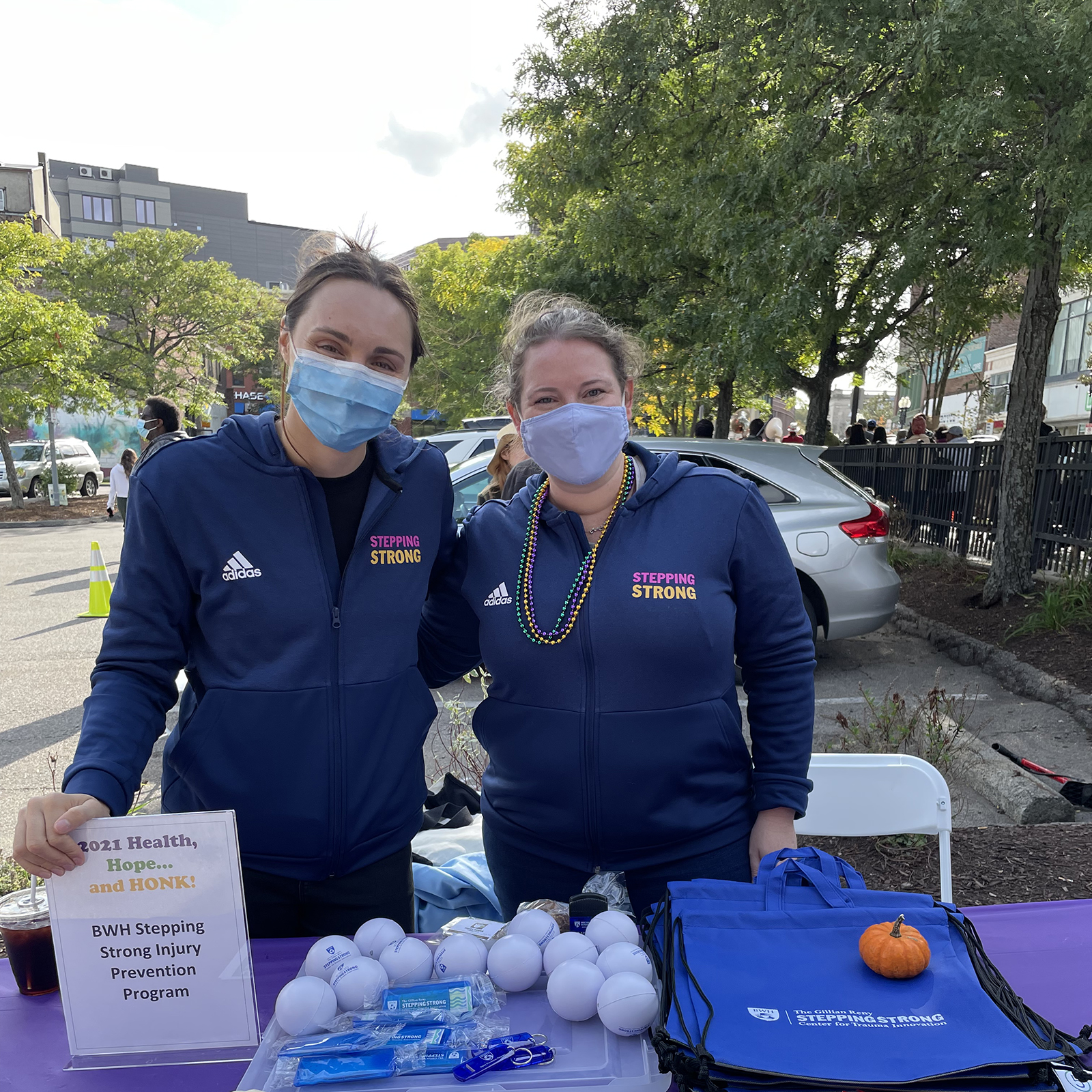Through our outreach activities, we seek to empower citizens and give them the tools to live a life exempt from the burden of injuries. Outreach also lets us share evidenced-based injury prevention discoveries with community members and policymakers with a goal of translating research into practice. Our outreach focus areas include:
 Traffic safety. From 2001 to 2014, more than 25,000 pedestrians were struck by vehicles in Massachusetts, resulting in unacceptably high numbers of preventable pedestrian injuries. To address this, the center has awarded a $25,000 grant to WalkBoston, the only statewide pedestrian advocacy organization in Massachusetts, to implement a training program for Boston’s Level 1 trauma centers. The training program taught staff tools to pursue pedestrian safety improvements and laying the groundwork for national efforts.
Traffic safety. From 2001 to 2014, more than 25,000 pedestrians were struck by vehicles in Massachusetts, resulting in unacceptably high numbers of preventable pedestrian injuries. To address this, the center has awarded a $25,000 grant to WalkBoston, the only statewide pedestrian advocacy organization in Massachusetts, to implement a training program for Boston’s Level 1 trauma centers. The training program taught staff tools to pursue pedestrian safety improvements and laying the groundwork for national efforts. QPR Suicide Prevention Training. To raise awareness on suicide prevention, the Stepping Strong Injury Prevention program offers free, virtual suicide prevention gatekeeper training sessions on behalf of the QPR Institute for Brigham employees and community partners. QPR is an evidence-based program that teaches participants how to Question someone who is suicidal; Persuade them to get help; and Refer them to the appropriate resources. Contact Cheryl Lang if you are interested in scheduling a training session for your organization or department.
QPR Suicide Prevention Training. To raise awareness on suicide prevention, the Stepping Strong Injury Prevention program offers free, virtual suicide prevention gatekeeper training sessions on behalf of the QPR Institute for Brigham employees and community partners. QPR is an evidence-based program that teaches participants how to Question someone who is suicidal; Persuade them to get help; and Refer them to the appropriate resources. Contact Cheryl Lang if you are interested in scheduling a training session for your organization or department. Stop the Bleed and Narcan Training. Many lives can be saved by training bystanders and equipping them with the resources needed to respond to a bleeding or overdose crisis in the moments while awaiting emergency medical response. Our Stop the Bleed/Narcan program trains community participants to both 1) effectively apply tourniquets to control blood loss, and 2) administer Narcan in response to an opioid overdose. The Stepping Strong Center is committed to taking a leadership role to reduce the number of deaths or severe injuries resulting from uncontrolled bleeding or opioid overdose in our community.
Stop the Bleed and Narcan Training. Many lives can be saved by training bystanders and equipping them with the resources needed to respond to a bleeding or overdose crisis in the moments while awaiting emergency medical response. Our Stop the Bleed/Narcan program trains community participants to both 1) effectively apply tourniquets to control blood loss, and 2) administer Narcan in response to an opioid overdose. The Stepping Strong Center is committed to taking a leadership role to reduce the number of deaths or severe injuries resulting from uncontrolled bleeding or opioid overdose in our community.

